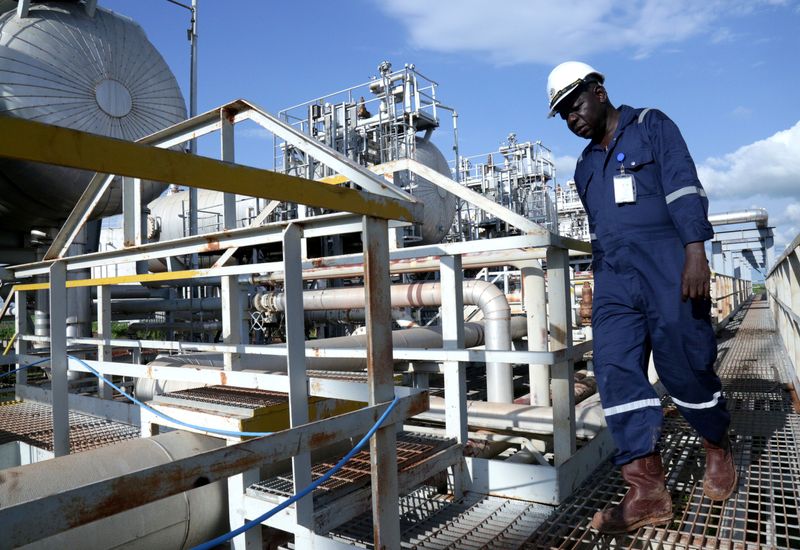
JUBA (Reuters) – South Sudan and Sudan have made progress towards restarting the pumping of South Sudan’s crude oil through a pipeline running to a port in its neighbour, South Sudan’s finance minister and the president’s office said.
WHY IT’S IMPORTANT
The exports are an important source of revenue for South Sudan and Sudan takes a cut of the oil as a transit fee.
In March, Sudanese officials said the main pipeline carrying oil from South Sudan through Sudan for export had been suffering stoppages since a month earlier due to problems linked to a war between Sudan’s army and the Rapid Support Forces.
KEY QUOTES
“Sudanese engineers have accomplished the necessary technical preparations for the resumption of oil production,” South Sudan President Salva Kiir’s office said in a statement late on Monday after a meeting between Kiir and Sudan’s army chief Abdel Fattah al-Burhan in Juba.
“Engineers from South Sudan are expected to visit Sudan in the coming weeks to familiarise themselves with the readiness of the facilities so as to jump-start production.”
“There has been a breakthrough, and it will come to public very soon,” South Sudan’s Finance Minister Marial Dongrin Ater told a news conference late on Monday.
CONTEXT
South Sudan’s economy has been under pressure in recent years amid communal violence, with crude oil export revenue having dwindled since a 2013-2018 civil war and more recently export disruptions due to war in neighbouring Sudan.
BY THE NUMBERS

South Sudan had been sending about 150,000 barrels per day of crude through Sudan for export, under a formula established when South Sudan gained independence from Khartoum in 2011, taking most oil production with it.
At its peak before the civil war, South Sudan’s crude oil production stood at 350,000 to 400,000 barrels per day.
This post is originally published on INVESTING.



